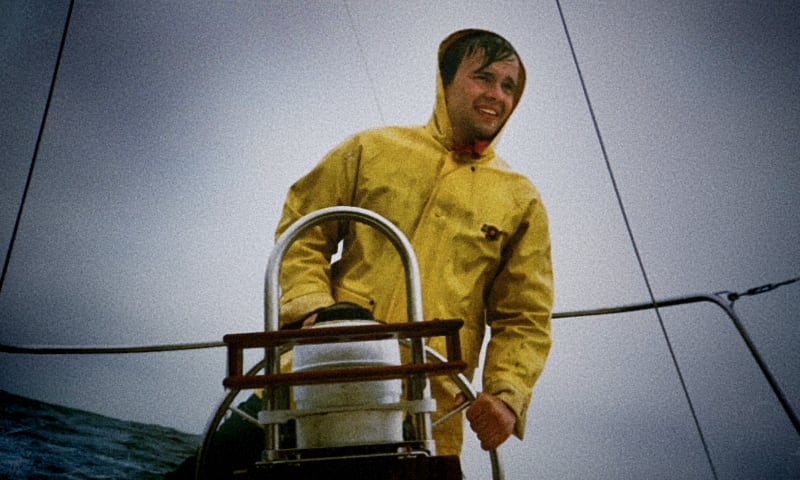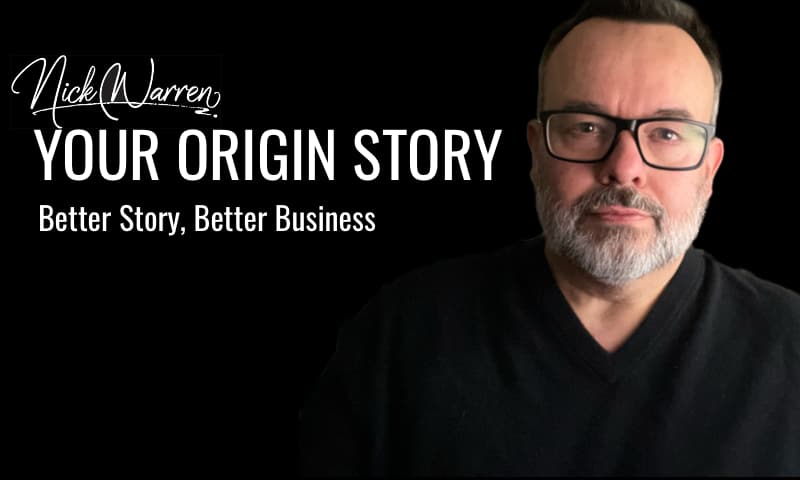Many of the branding meetings I attended early in my career were obsessed with finding the one-true message, the logo or strapline or whatever that would build the business.
But when we think about the leaders, brands and businesses we love … they aren’t just one story or note … they build true mythologies.
Joseph Campbell (himself a mythological figure) nailed it. Myths aren’t about gods (real ones or imagined). They are about us. They are about humans acting human but doing it while wearing the cloaks of gods, of legendary figures.
Myths highlight the very best of ourselves (and sometimes the worst). These stories don’t spread because a king or despot insists that we hear them and memorize them. No, we engage with and remember and resonate with myths because they’re about our favorite person, our best possible self.
The Icarus Deception: How High Will You Fly? (2012) – Seth Godin
Twenty-five hundred years ago, Euhemerus argued that all the myths are inspired by the lives of humans, by kings and holy men. He pinpointed the grave of Zeus and told us that the stories we told one another were here to inspire us to become greater than ourselves. The purpose of myths is not to have us feel separate from the gods in the stories but to have us understand that we are capable of the great feats that they perform.
…
Superman, Thor, Moses, Athena, George Gershwin, Thomas Edisonn—they each represent part of what it is to be human; they are inside all of us. We know we are capable of this—to be that strong or that cool or that generous. To persevere and connect and contribute the way our gods can—that’s why we invented them, why we revere them, and why they resonate with us. We have them inside, every day.
And yet we have no perfect word for expressing godlike abilities. We don’t know how to talk about what it is to perform in a mythological way, to strip away the artifice and let the deity express itself.
And the Icarus Deception pushes us to avoid even thinking of it. It strikes deep into our psyche with a vivid warning about the dangers of hubris. Too late. We’ve built a world where the only option is hubris, where the future belongs to anyone willing to act like the gods of our myths. Better coin a word for it. The Japanese call it kamiwaza.
Kamiwaza definition: Japanese, 神業 :The expression of your inner god through your art, your craft.
The Icarus Deception: How High Will You Fly? (2012) – Seth Godin
Brand as Mythology
Most of us remember the mythology stories they taught us in school (Zeus and Thor and the rest of the comic-like heroes).
Myths allow us to project ourselves into their stories, to imagine interactions that never took place, to take what’s important to us and live it out through the myths.
There are dozens, if not hundreds, of entertainment mythological brands. James Bond and Barbie, for example. But it goes far beyond that. There’s clearly a Google mythology and a Starbucks one as well.
So, if I were trying to invent a Mythic Brand, I’d want to be sure that there was a story, not just a product or a pile of facts. That story would promise (and deliver) a heroic outcome. And there needs to be growth and mystery as well, so the user can fill in her own blanks. Endorsement by a respected ruler or priest helps as well.
The key word, I think, is Spiritual. Mythological brands make a spiritual connection with the user, delivering something that we can’t find on our own … or, at the very least, giving us a slate we can use to write our own mythology on.
Whatcha Gonna Do with That Duck?: And Other Provocations (2013) – Seth Godin
See Also:
On Art | On Authenticity | On Average On Challenging Yourself
Or choose a path towards stories that mean business.

Explore the art and science of business storytelling. The rabbit hole goes way deeper than you think.

The Business Storytelling Glossary lists the concepts, ideas and definitions that use in my work. Your mileage will vary.

